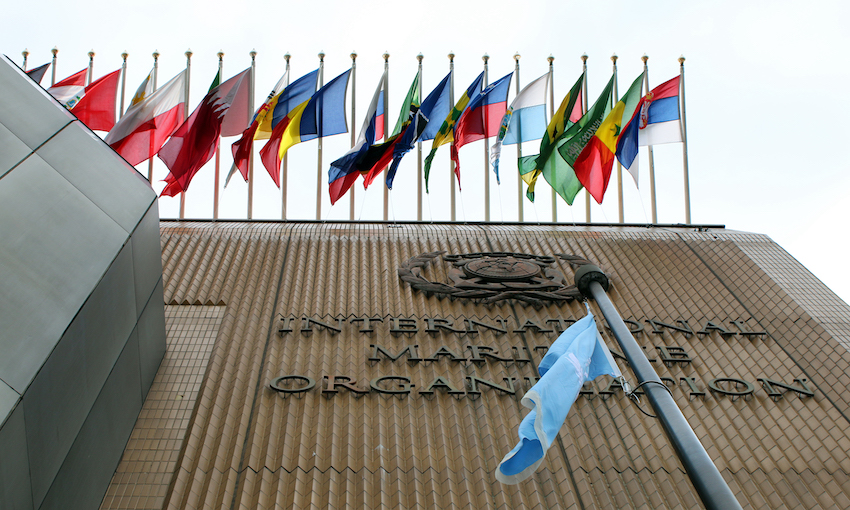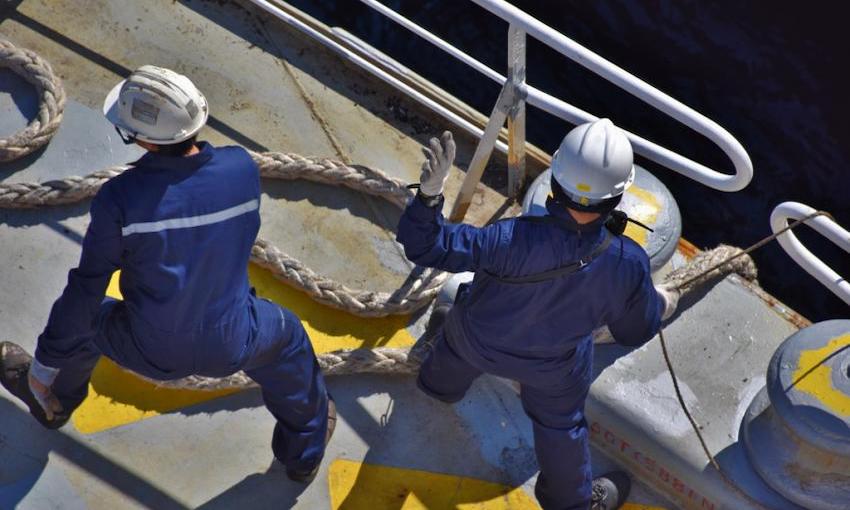THE International Maritime Organization is encouraging member states to engage with its efforts to increase data transparency around fraudulent practices in the shipping industry.
Recent work targets a range of illicit practices relating to fraud but focuses on ships sailing under false flags.
The IMO Secretariat has, in recent years, dealt with several cases involving the fraudulent use of a country’s flag or the fraudulent operation of a registry without the purported flag country’s knowledge or permission.
The secretariat submits these cases to the IMO Legal Committee following studies undertaken with the assistance of information and analytics providers IHS Markit and S&P Global.
IHS Markit became a subsidiary of S&P Global this year. They manage the numbering scheme for ships and companies on behalf of the IMO.
Within the margins of the 109th session of the IMO Legal Committee in late March, IHS Markit and S&P Global explored an IMO module enabling the display of information on false flag ships.
The module covers the Global Integrated Shipping Information System, a database recording more than 200,000 active ships and 240,000 companies. The module is publicly accessible.
The IMO said data exchange agreements are in place with numerous flag administrations, compiling information received from sources such as classification societies, recognised organisations, ship owners and managers, and PSC regimes and shipyards.
“This enables the data manager to continuously check and verify ships to make sure they are legitimately registered,” the IMO said in a statement.
“In addition, there are separate, individual agreements with numerous flag administrations, whereby a ship will not be shown under their flag unless it has been confirmed by the flag administration.”
Database records will be immediately amended if the IMO is advised that a ship has been de-registered from a flag’s registry.
In this case, unless the IMO receives further details confirming the new flag of registration, the ship will be recorded as an unknown flag.
Then, if the IMO is advised a ship is continuing to fly a flag or broadcast flag information via AIS following de-registration, the ship is recorded as flying a false flag.
“‘False flag’ is used to designate any ship which transmits, broadcasts, displays, or otherwise engages in the misuse of flag details, was confirmed by the authorized flag administration falsely associated with the ship in question,” the IMO said.
“IMO encourages all member states to supply regularly IHS Markit/S&P Global with accurate and up-to-date information on the ship under their flag.”
The information provided by member states is forwarded to the IMO on a weekly basis to update the Global Integrated Shipping Information System.





